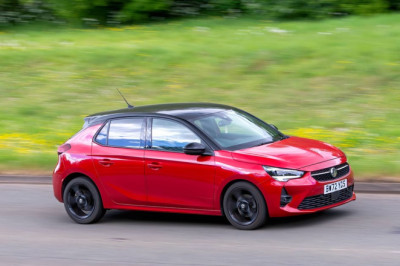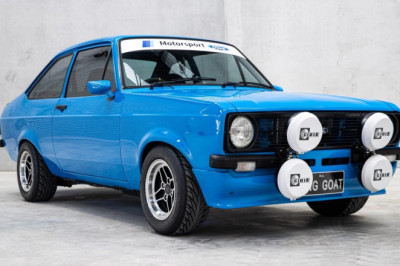
There’s an unsung hero of the road that quietly racks up more miles than just about anything else ever built: the Mercedes 240D. People in Africa know this car as the backbone of the taxi world, but its reputation stretches far beyond any one city or country. It’s a legend everywhere tough conditions demand something you can trust, day in and day out, year after year.
While the automotive hype machine loves new tech and the latest green breakthroughs, the 240D has been doing sustainability the old-fashioned way—by never dying. Built solidly by people who seemed to believe that cars should outlive their owners, the 240D was meant to keep going for decades. Mercedes figured owners might get 600,000 kilometers out of these things; drivers around the world have doubled, tripled, even quadrupled that number.
What makes the 240D such a survivor? For starters, its engine is famously unfussy. It’ll happily get you to work or across a continent on whatever’s handy—rapeseed oil, sunflower oil, fish oil, the leftovers from the local fry shop, you name it. If it burns, a clever 240D owner has probably tried it. This isn’t just a party trick; in places where diesel is expensive or hard to find, the ability to run on alternative fuels means a 240D keeps earning and keeps moving long after modern cars would be off the road.
The real magic, though, is in its mechanical toughness. No delicate electronics to fuss over. No fragile panels or throwaway plastics. A 240D is built like a vault and designed to be fixed, not thrown away. That’s why you still see them lining up at taxi ranks all over Africa, and why stories of cars with a million, two million, or even almost three million kilometers are not just marketing, they're daily reality.
Take the famous case of the 1976 Mercedes W123 240D once driven by a Greek taxi driver—it clocked 2.85 million kilometers. To put it another way, that’s like driving to the moon and back six times. Try telling your average seven-year-lifespan modern car to do that.
Sustainability, for the Mercedes 240D, isn’t about looking futuristic. It’s about building something honest, adaptable, and reliable enough to become part of people’s lives for the long haul. Sometimes, being green just means sticking with what already works—and in this case, what keeps working, mile after mile, decade after decade.















